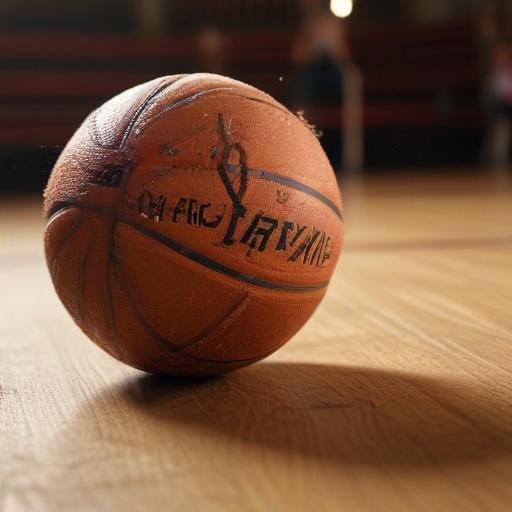Kevin Durant has consistently been a focal point in the NBA, not only for his on-court excellence but also for the off-court drama that seems to follow him. As he approaches nearly a decade since his controversial decision to join the Golden State Warriors, Durant’s career has been a rollercoaster, with two championships in Golden State, a significant Achilles injury, a tumultuous tenure with the Brooklyn Nets, and stints with the Phoenix Suns. Now, as he seeks yet another trade, the once-desired superstar faces an unexpected rejection from the New York Knicks—a team that once viewed him as a transformative player for the franchise.
Despite Durant’s impressive scoring average of 26.6 points per game last season, which would have placed him among the league’s elite if he met the necessary games played for qualification, his age, currently 36, is now a significant hurdle in the eyes of many teams. Though not “old” in the traditional sense, in the fast-paced world of professional sports, especially the NBA, age often equates to decreased performance potential. The shift in team dynamics, favoring younger, more athletic players, has further complicated Durant’s pursuit of a new team, as organizations increasingly value youth and long-term potential over veteran experience.
This trend underscores a broader narrative in professional sports where analytics have taken precedence, leading franchises to prioritize athletic metrics over the seasoned presence veterans bring to the table. A comparison to the current NBA Finals illustrates this shift toward youth, featuring teams without the older, experienced players that were previously indispensable for championship runs.
Overall, while Durant’s current situation raises questions about the longevity and value of veteran players in the evolving sports landscape, it also serves as a reminder of the unpredictable nature of a professional athlete’s career. As teams continue to embrace youth, Durant’s journey may lead him to discover new opportunities and showcase his skills in ways that defy typical narratives about aging in sports. The resilience and talent he has displayed over his storied career leave room for optimism, suggesting that he still has significant contributions to make, potentially redefining the aging athlete’s role in the game.
The NBA continues to evolve, and while age may be a factor, the right environment can still yield remarkable performances from seasoned professionals like Durant.
